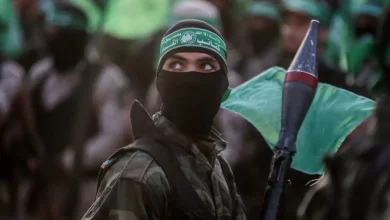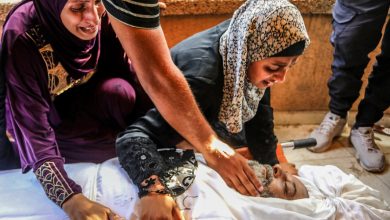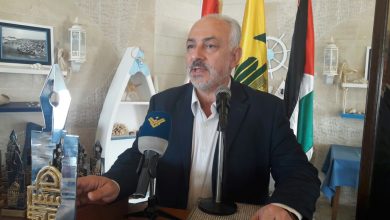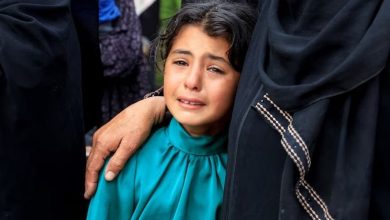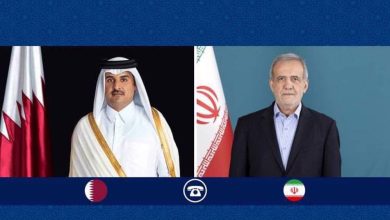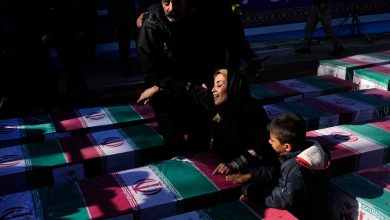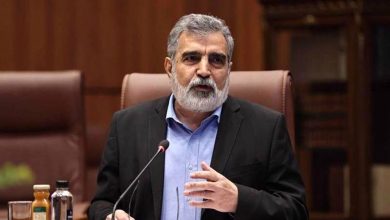Iran allocates in excess of $10 billion each year to support Afghan immigrants
Iran's Ambassador and Permanent Representative to the United Nations has stated that the country allocates in excess of $10 billion each year to address its various needs, yet has received inadequate backing from the international community.
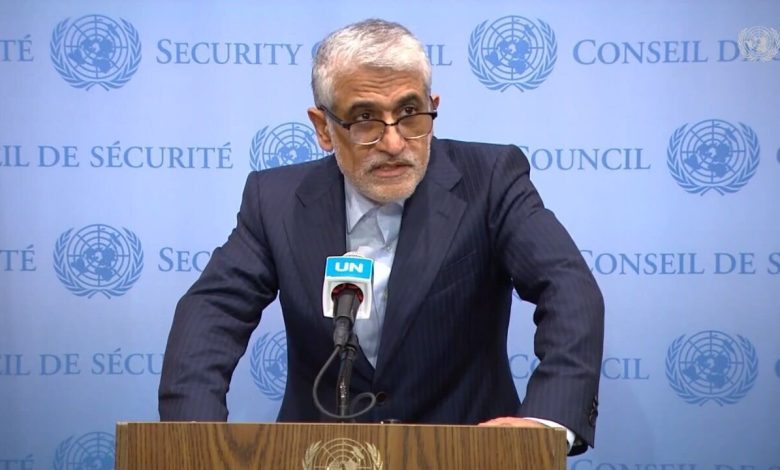
Iran has shouldered an uneven portion of the Afghan crisis, particularly following the abrupt U.S. withdrawal in 2020, according to statements from Iravani at the UN Security Council Briefing on the ‘Situation in Afghanistan’. Over six million Afghan refugees have sought refuge in Iran, significantly straining the nation’s limited resources. Iran allocates more than $10 billion annually to address the needs of these refugees, yet it has encountered a lack of sufficient support from the international community, Iravani reported.
The United Nations recently hosted a speech from Iravani, though the full transcript of the address has not been publicly released in this report.
A statement from
His Excellency Mr. Amir Saeid Iravani
Ambassador and Permanent Envoy
The delegation representing the Islamic Republic of Iran at the United Nations.
New York, December 12, 2024
“Madam President,”
The Special Representative for Afghanistan, Ms. Otunbayeva, and Mr. Tom Fletcher, Under-Secretary-General for Humanitarian Affairs, delivered their briefings, for which we extend our gratitude. We also express appreciation to Ecuador and Ambassador Andres Montalvo Sosa for their submitted report. The remarks from Ms. Roya Mahboob were also attentively noted.
The latest report by the Secretary-General (S/2024/876) highlights the myriad challenges currently facing Afghanistan.
The primary points requiring emphasis are as follows:
More than three years after the de facto authorities assumed control, Afghanistan remains mired in severe challenges, with the humanitarian crisis taking center stage. As 2024 unfolds, approximately 23.7 million individuals are estimated to require aid. A report from the Secretary-General reveals that, as of November 11, just 37.5% of the $3.06 billion Humanitarian Plan has received funding. A decline in aid, substantial funding shortfalls, and restrictions on female aid workers have intensified the crisis, rendering women and children increasingly vulnerable. It is imperative for the international community to implement decisive measures to avert further suffering. Humanitarian aid must remain impartial, unconditional, and devoid of political influence. To facilitate recovery, frozen Afghan assets should be released, and sanctions should not hinder economic rejuvenation efforts. Inaction risks exacerbating the plight of millions and endangering Afghanistan’s future stability.
The security landscape in Afghanistan remains precarious, with groups such as ISIL-K, Al-Qaeda, and their affiliates posing significant threats to both national and regional stability. The tragic terrorist blast in Kabul yesterday, which resulted in the death of Mr. Khalil-al-Rahman Haqqani, the Minister of Refugees, along with several others, underscores the pervasive reach of terrorism, sparing no one, not even the DFA. The intensification of attacks targeting Shia and Hazara communities underscores a worrying increase in extremist violence. Iran has condemned these acts, urging the DFA to fulfill their obligations, effectively combat terrorist networks, and ensure the protection of all citizens. Additionally, the surge in synthetic drug production and the narcotics trade necessitates immediate intervention. Iran endorses the UNODC’s initiatives that aim to provide income, advanced agricultural practices, and essential services to those affected, as a means to combat drug dependence and build resilience in communities.
Iran has been significantly impacted by the ongoing crisis in Afghanistan, particularly in the wake of the U.S.’s withdrawal in 2021. As a neighboring country, Iran has accommodated over six million Afghan refugees, a situation that has placed considerable pressure on its limited resources. The Iranian government allocates more than $10 billion each year to support these individuals, yet international recognition and assistance have fallen short. Countries such as Iran and Pakistan require consistent international aid, and focus must be directed toward facilitating the return of refugees by bolstering Afghanistan’s ability to offer housing, employment, and vital services. Strengthening these capacities is essential for ensuring regional stability and upholding the dignity of returning refugees. The global community is urged to take decisive action in supporting these initiatives.
The establishment of a representative and inclusive government is crucial for achieving long-term peace and stability in Afghanistan, experts assert. Such a governance model has the potential to tackle significant challenges, avert the reemergence of conflicts, and limit the exodus of refugees to adjacent nations. Furthermore, it is believed to provide a cornerstone for ensuring stability, security, and the safeguarding of human rights, with particular emphasis on the rights of women and girls.
Iran has underscored the importance of sustained and coordinated international involvement with Afghanistan’s current authorities to address urgent issues. It considers the Doha process a crucial forum for such engagement. Iran welcomed the outcomes of the recent Doha meeting, which resulted in the creation of working groups focused on counter-narcotics and the private sector. Iran took an active role in the inaugural counter-narcotics working group meeting held on November 28, 2024, and is poised to engage in the forthcoming private sector working group to tackle challenges and support Afghanistan’s development. Additionally, Iran expresses its support for the Special Representative of the Secretary-General (SRSG) in executing its mission and views the United Nations Assistance Mission in Afghanistan (UNAMA) as a pivotal mechanism for international efforts to foster peace and stability in the region.
Iran has reaffirmed its commitment to regional initiatives that promote dialogue and engagement with Afghanistan, participating in various forums such as neighboring ministerial meetings, regional contact groups, and the Moscow format. On September 27, Iran convened the third quadripartite Foreign Ministers’ meeting in New York, in collaboration with China, Pakistan, and Russia. The aim was to enhance cooperation with Afghan authorities and advance regional stability. The joint statement issued after the meeting reiterated support for Afghanistan’s sovereignty and independence, emphasized the importance of inclusive governance, and expressed concerns over terrorism. Additionally, the statement highlighted the necessity of ensuring access to education, economic opportunities, and active public life participation for women and girls.
In conclusion, the obstacles facing Afghanistan are considerable; however, they are surmountable through a well-coordinated, gradual strategy aimed at building confidence and enhancing stability. Iran has pledged its active support for Afghanistan’s political, economic, and social recovery, with a vision of achieving a more prosperous future for its citizens and bolstering regional peace and security. Meanwhile, Western nations, whose extended occupation and sudden departure led to Afghanistan’s current predicament, bear a moral, legal, and political responsibility to significantly participate in the country’s reconstruction endeavors.
Expressing gratitude towards you.

